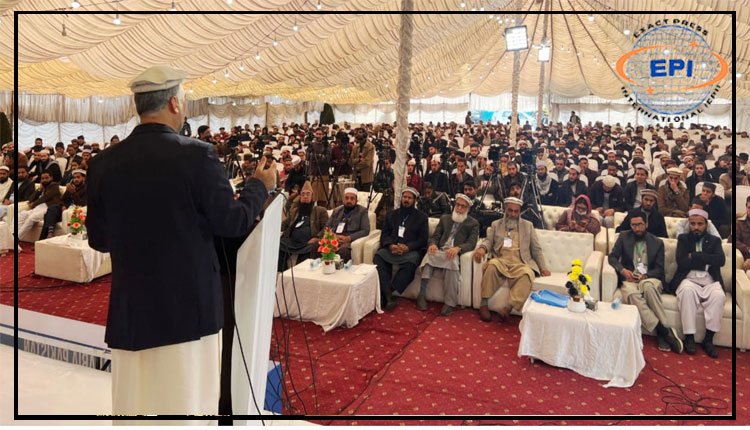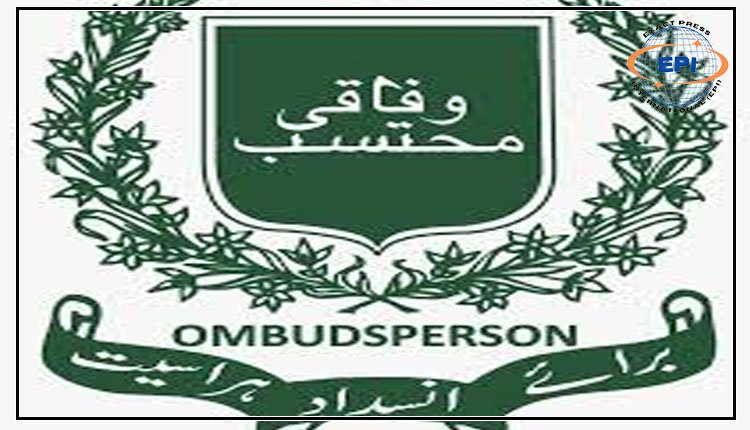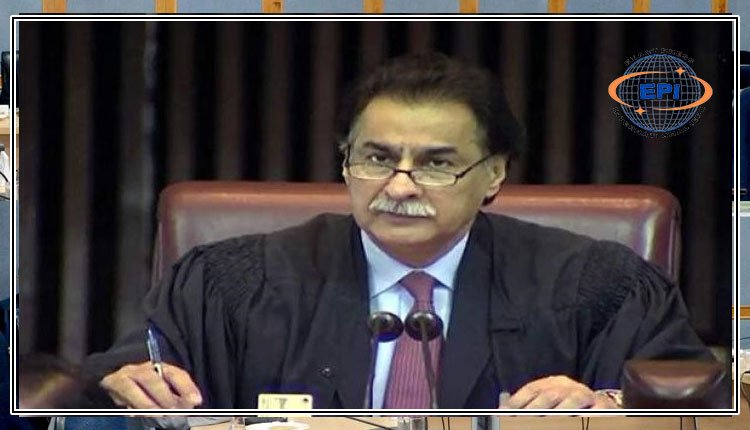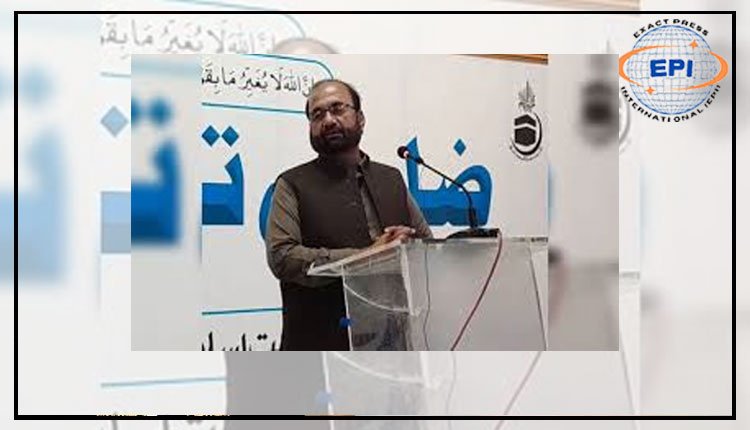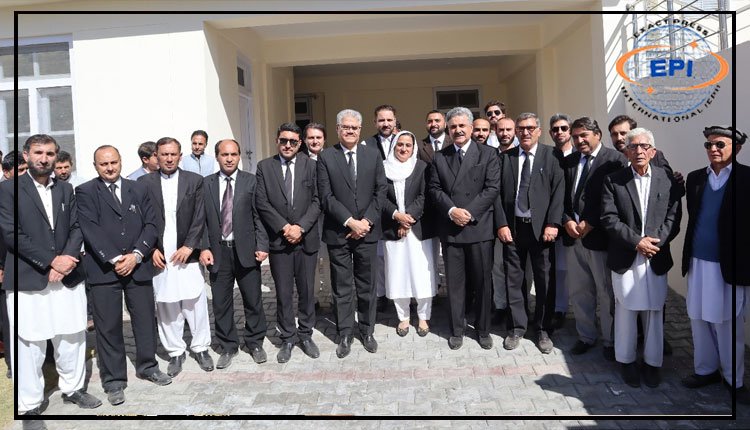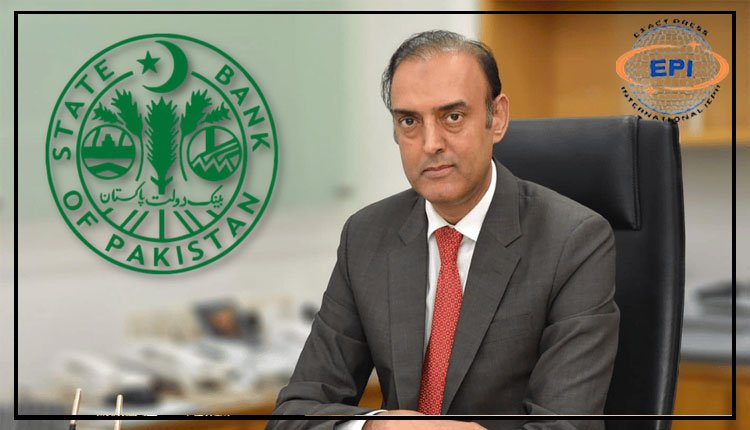Senator Dr. Mohammad Humayun Mohmand Calls for Electoral Reforms & Transparency in Senate Standing Committee Meeting
ISLAMABAD, Mar 17 (EPI): Senator Dr. Mohammad Humayun Mohmand called for free, fair, and transparent elections, emphasizing the need for improvements in the electoral system at the Senate Standing Committee on Parliamentary Affairs meeting held today at the Old PIPS Hall, Parliament Lodges.
During the extensive discussion, the President and Secretary General of PILDAT provided a historical overview of elections in Pakistan. The Chairman of the Committee emphasized that if the electoral system fails, the reasons must be clearly identified, and an audit should be conducted to understand why it failed.
In his briefing on electoral reforms, the President of PILDAT presented several key points, including strengthening constituency monitoring, improving laws and mechanisms, ensuring the independence of polling staff, and providing rapid training for returning officers and polling staff to prevent rigging. He also advocated for increasing the number of polling stations. He stressed that these reforms would be ineffective unless powerful groups stop manipulating the system.
Committee members discussed a comparative analysis of past elections, deliberating that the 2008 and 2013 elections were relatively better. Senator Pervaiz Rashid emphasized the need to prevent powerful groups from interfering in electoral results for self-serving interests.
He further added that political parties must agree to refrain from manipulating the process and avoid interference, stressing the importance of ensuring that their own parties fulfill their duty to prevent such interference. Similarly, Senator Khalida Ateeb highlighted the extent of interference, with political parties being restricted in choosing which constituencies they can contest.
Senator Farooq Hamid Naek noted that political parties must agree to work together and avoid disruptions. He stated that they should focus on solving one issue at a time, allowing the rest to follow.
Senator Dr. Mohammad Humayun Mohmand stressed the importance of a comparative analysis based on figures, stating that clarity could be achieved by comparing the number of complaints received at the provincial and national levels.
The Committee was also briefed on overseas voting in the elections for Parliament and provincial assemblies. According to a January 2025 report, 9.9 million overseas Pakistanis are now eligible to vote.
Additionally, the prospects for improving the voting system for women and minorities in Pakistan’s Parliament and provincial assemblies were discussed. The President of PILDAT emphasized that the current system is unreliable for women and minorities and requires substantial improvement.
Furthermore, Committee members engaged in a detailed discussion on the efficient disposal of election petitions by the Election Commission of Pakistan (ECP) and the tribunals established by the Commission.
Senator Dr. Humayun suggested that discussions be held with the Election Commission to analyze the percentage of sitting and retired judges to determine who is handling the most cases and efficiently disposing of them.
He also recommended that in the next meeting, the elections of 2008, 2013, 2018, and 2024 be analyzed to determine whether rigging in these elections was based on one specific issue or multiple factors.
The meeting was attended by Senators Farooq Hamid Naek, Pervaiz Rashid, Khalida Ateeb, Sarmad Ali (who participated online), the Secretary and Additional Secretary of the Ministry of Parliamentary Affairs, as well as the President and Secretary General of PILDAT and senior officials from the relevant departments.
Ends-Exact Press International-

